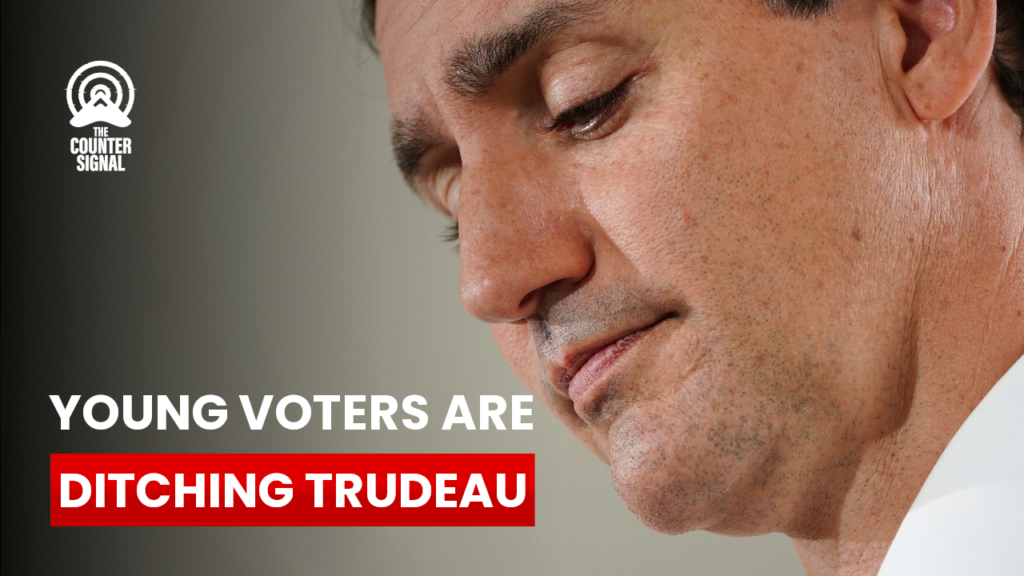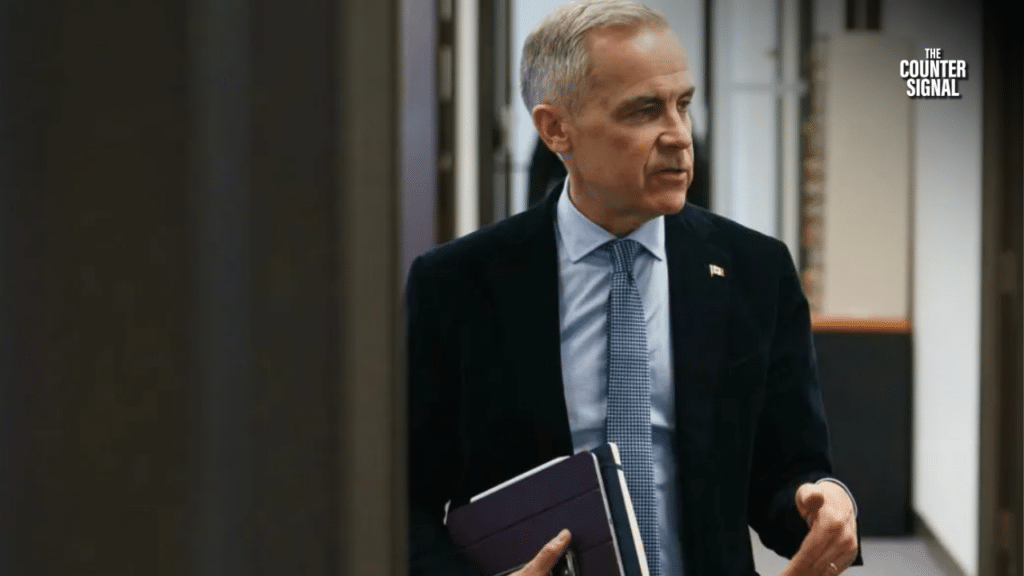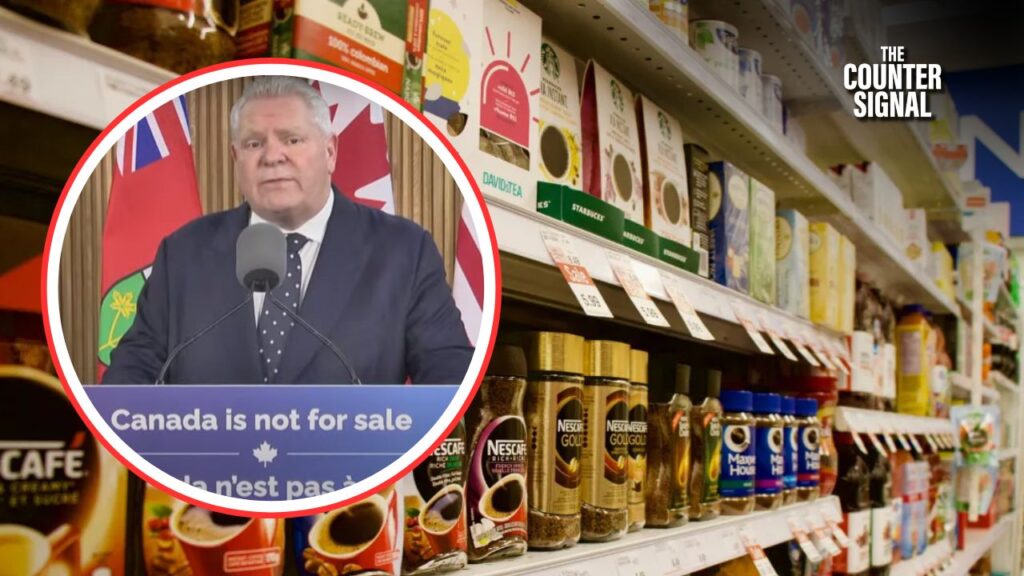New polls show that Trudeau and the Liberal Party are hemorrhaging younger voters due to housing affordability and COVID restrictions.
This is significant as Trudeau’s election success can greatly be attributed to greater voter turnout in this demographic.
In 2015, the year Trudeau was first elected, voter turnout for those aged 18 to 24 increased by 18.3 per cent to 57.1 per cent (from 38.8 per cent in 2011). According to Elections Canada, “This is the largest increase for this age group since Elections Canada began reporting demographic data on turnout in 2004.”
Similarly, voter turnout for those aged 25 to 34 increased by 12.3 per cent to 57.4 per cent (from 45.1% in 2011). Conversely, for those belonging to older demographic categories, who traditionally vote Conservative, the increase in voter turnout was less significant.
However, new polls conducted by Nanos have shown that Trudeau’s popularity with young voters is waning, with support amongst those aged 18 to 29 dropping to 22 per cent (less than both the Conservatives and NDP) over the last three months from roughly 34 per cent.
Worsening economic factors and disapproval of Trudeau’s restrictions seem to be the most significant contributors to this decline.
According to a Nanos poll conducted on behalf of Bloomberg, just 12 per cent of those aged 18 to 34 believe the Liberal Party is the best party to tackle the housing crisis, while 20.4 per cent have faith in the Conservatives and 32.6 per cent have confidence in the NDP.
Moreover, a separate poll conducted by Ipsos revealed that 63 per cent of Canadians who do not own a home have “given up” on their dream of one day being homeowners.
“As housing prices rise, inflation continues, and interest rates go up… we can see that there’s a bunch of Canadians who have kind of given up on the idea of homeownership,” Gregory Jack, vice-president of public affairs at Ipsos, said in April.
Obviously, homeownership is highly correlated with age. For example, in 2016, 43.6 per cent of those aged 20 to 34 years old reported being homeowners compared to 76.3 per cent of those aged 55 to 64 years old.
As previously reported by The Counter Signal in March, a different Ipsos poll shows that 63 per cent of those aged 18-34 and 67 per cent of those aged 34-55 express concern that they won’t be able or will struggle to feed their families.
Even amongst well-off Canadians who earn six figures or higher, concerns remain high, with 57 per cent saying they, too, worry about feeding their families. As for those earning less than $40,000 per year, 72 per cent say they are concerned.
Overall, 60 per cent of Canadians are concerned, which is up 16 per cent since the poll was conducted in November 2021. Inflation, at the time, was 4.7 per cent. It was 5.7 per cent when we reported on the Ipsos poll, and it hit 6.8 per cent (the highest in over 30 years) in April.
Trudeau’s restrictions also appear to have contributed to the decline in support.
According to a poll published on January 31, 54 per cent wanted a reduction of COVID restrictions (up 15 per cent in less than a month).
Indeed, former Trudeau aide Gerald Butts even admitted that those in their 20s and 30s were likely the most negatively affected by pandemic restrictions, saying the Liberals have “dislocated a whole generation of people.”
“That’s a recipe for long-term disengagement from active citizenship,” Butts said. He added that the Liberals should “be worried about the 32-year-old guy in Brampton who’s working at the Amazon fulfillment center, who kept the economy going while the rest of us stayed home and felt like he didn’t have any support anywhere.”










